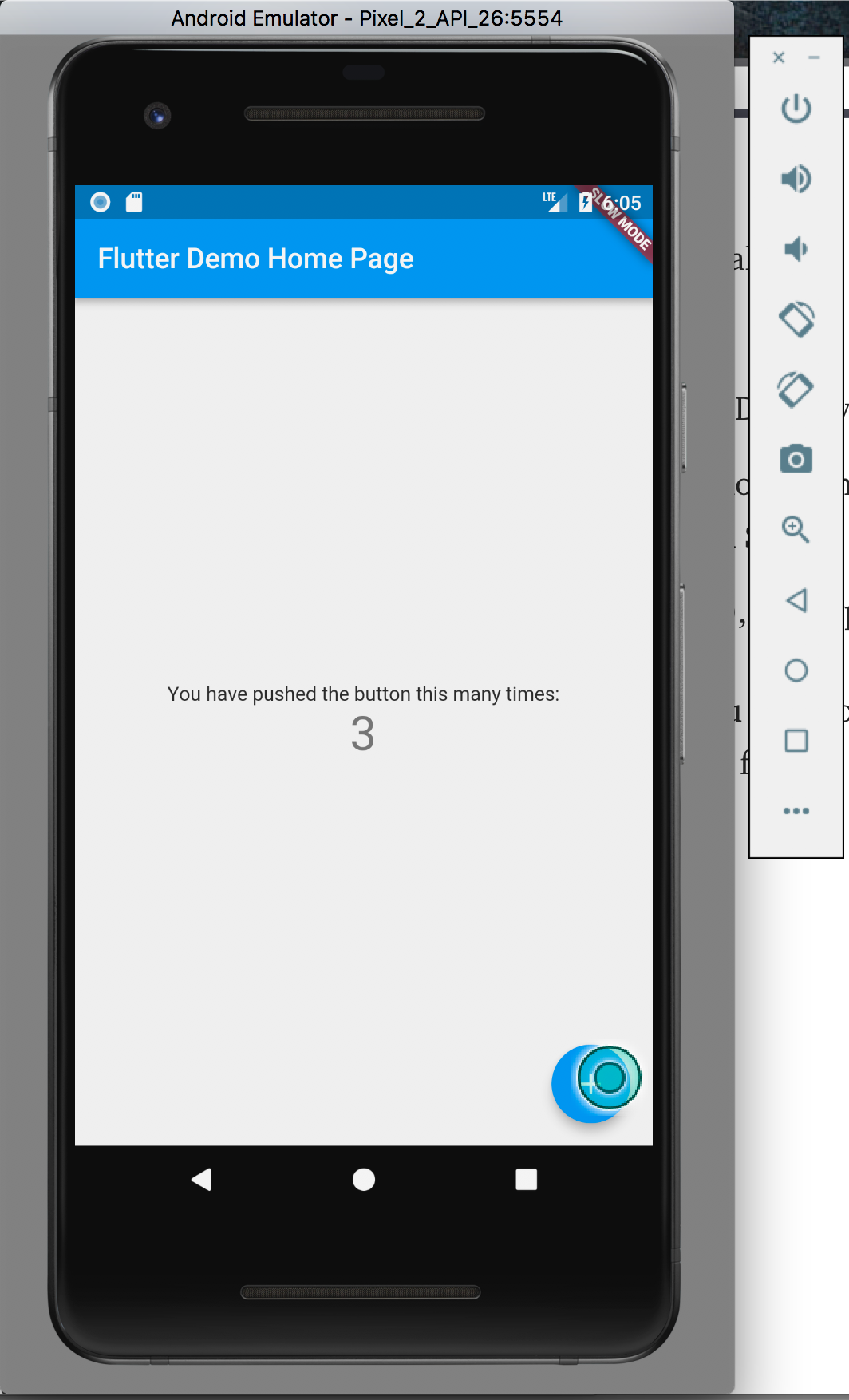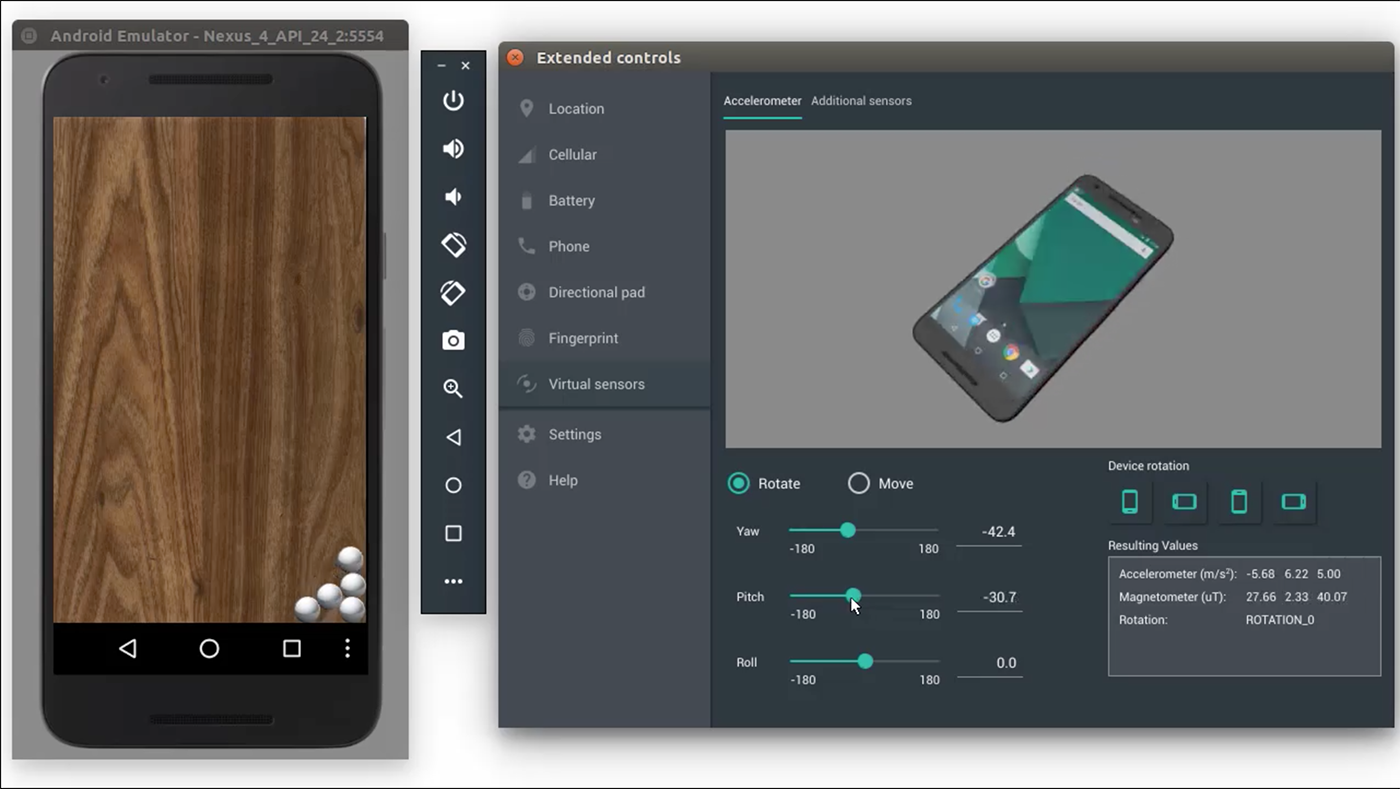

- #ANDROID STUDIO EMULATOR 2.0 NOT WORKING MAC FOR MAC#
- #ANDROID STUDIO EMULATOR 2.0 NOT WORKING MAC MAC OS X#
- #ANDROID STUDIO EMULATOR 2.0 NOT WORKING MAC UPDATE#
- #ANDROID STUDIO EMULATOR 2.0 NOT WORKING MAC DRIVER#
- #ANDROID STUDIO EMULATOR 2.0 NOT WORKING MAC FULL#
Assemblies compressed by default in Release configuration.

#ANDROID STUDIO EMULATOR 2.0 NOT WORKING MAC FOR MAC#
This version is included in Visual Studio 2019 version 16.7 and Visual StudioĢ019 for Mac version 8.7. Successfully in certain build configurations. Fatal signal 11 (SIGSEGV),Ĭode 1 (SEGV_MAPERR) prevented some application projects from launching '/system/lib64/libmonodroid.so' not found.'. Starting in Xamarin.Android 11.0, 'Could not load library: Library Issues fixed in Xamarin.Android 11.0.2.0 Application behavior on device and emulator This version is included in Visual Studio 2019 version 16.7.2 and Visual In Visual Studio 2019 version 16.7 and Visual Studio 2019 for Mac version 8.7.Ĭorresponding Visual Studio 2019 release notes In Visual Studio 2019 version 16.7.2 and Visual Studio 2019 for Mac version 8.7.3. What's new in Xamarin.Android 11.0 Xamarin.Android 11.0 releases
#ANDROID STUDIO EMULATOR 2.0 NOT WORKING MAC MAC OS X#
I had the same issue in Android Studio 2.3.3 on Mac OS X 10.12.6 and the issue was caused by Android Studio using an old version of HAXM (6.0.3 when it should have been 6.2.1): $ kextstat | grep intelġ48 0 0xffffff7f8342c000 0x14000 0x14000 (6.0.3) 50449AFC-F7C6-38A0-B820-233E8A050FD6
#ANDROID STUDIO EMULATOR 2.0 NOT WORKING MAC UPDATE#
UPDATE December 2017: I had the same problem with Debian Stretch and Android Studio 3.0.1 (same graphic card). My graphic card is an ATI Radeon HD 6850 by Sapphire.

PS 2 - I work with Debian Jessie and Android Studio 2.2.3. PS 1 - The easiest way I found to set the environment variable, it's to modify the script that launch the Android Studio ( studio.sh, in my case it is inside /opt/android-stuido/bin), and add at the begining this: export ANDROID_EMULATOR_USE_SYSTEM_LIBS=1 With this change, when I run the emulator within Android Studio, it will also load the system libraries. The definitive solution is to set the ANDROID_EMULATOR_USE_SYSTEM_LIBS environment variable to 1 for your user/system.
#ANDROID STUDIO EMULATOR 2.0 NOT WORKING MAC FULL#
emulator -avd EMULATOR_NAME -netspeed full -netdelay none -use-system-libs How? Adding "-use-system-libs" at the end of the command. Solution? Very easy: to use the system libraries instead of the packaged in Android Studio. As it is explained here, it seems that Google packaged with Android Studio an old version of one library, and the emulator fails when it tries to use my graphic card.
#ANDROID STUDIO EMULATOR 2.0 NOT WORKING MAC DRIVER#
In my case, the application says that there is a problem loading the graphic driver (" libGL error: unable to load driver: r600_dri.so"). If everything is ok, the program doesn't start, and it writes in the terminal the concrete error. You can see the name of your (previously created with AVD Manager) emulators with this command. emulator -avd EMULATOR_NAME -netspeed full -netdelay none So:ġ - Open a terminal and go to this folder: ~/Android/Sdk/toolsĢ - Start the emulator with this command. I think the best way to find the concrete error with the emulator is to start it within a terminal.

And what's the cause of that? As you can see, there could be many causes. " is a generic message that appears, always, when the emulator can not start properly. Reference (thank you seems that "Waiting for target device to come online. For this you could copy and paste your command line from "Run" or "AVD" Android Studio console. You could run your emulator from the command line.


 0 kommentar(er)
0 kommentar(er)
